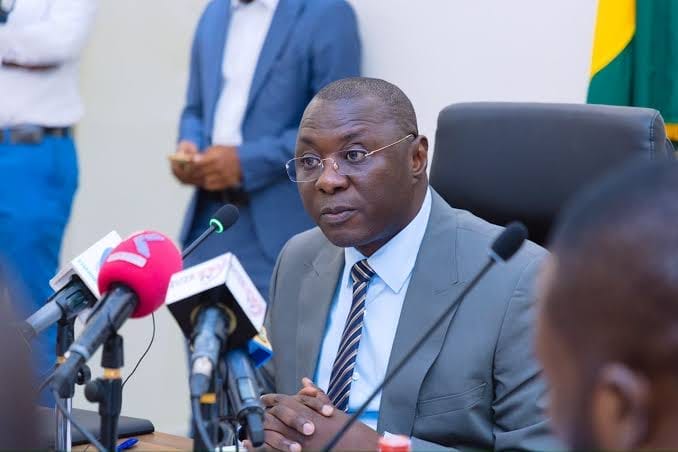Ghana has taken a major step toward stabilizing its economy with the parliamentary approval of a $2.8 billion debt relief package brokered with 25 bilateral creditor nations. The deal is a central component of the country’s broader strategy to address its debt crisis and revive growth under the IMF-backed $3 billion bailout program launched in 2023.
ALSO READ: Ghana CEO Summit 2025: Steering Ghana’s Economic Reset Through Visionary Leadership
The agreement postpones and restructures external debt obligations originally due between late 2022 and the end of 2026. In a strategic move to ease fiscal pressure, Ghana will not resume payments on this restructured debt until 2039, with the full repayment timeline stretching out to 2043. This long window is expected to give the government ample space to rebuild its economy, invest in public infrastructure, and restore confidence in fiscal governance.
Interest on the restructured debt has been fixed at concessionary levels between 1% and 3%, a significant reduction from typical commercial lending rates. The low cost of servicing this debt is expected to relieve the strain on Ghana’s budget and contribute to stabilizing the currency, while also enhancing the country’s appeal to international investors.
ALSO READ: The Royal Senchi: Ghana’s Hidden Sanctuary of Serenity
This bilateral deal involves major creditor nations including China, the United States, France, Germany, and the United Kingdom. It is a signal of international commitment to supporting Ghana’s economic turnaround. However, the full picture of Ghana’s recovery will depend on the outcome of ongoing negotiations with commercial lenders. Talks with private bondholders and institutional creditors remain unresolved, and their participation is key to the success of the broader debt restructuring effort.
The approval of this relief plan arrives at a critical time. Ghana, like many emerging economies, has been grappling with high inflation, a depreciating currency, and limited access to capital markets. The debt deal is expected to free up much-needed fiscal space, enabling the government to prioritize essential spending on healthcare, education, and social protection while advancing key structural reforms.
While the long-term outlook is cautiously optimistic, the next phase of Ghana’s recovery will hinge on disciplined implementation of reforms and successful engagement with private creditors. The current deal provides the foundation but not the finish line, for sustainable recovery and resilience.

